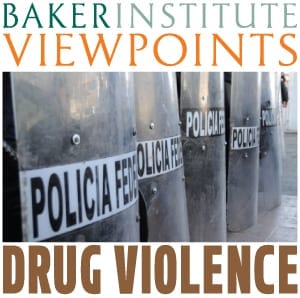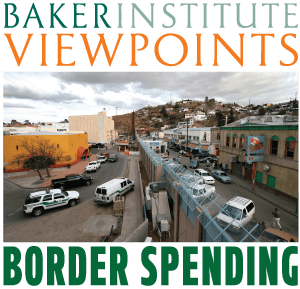Mexico must address violence and profitability
Supporting change in the drug prohibition regime could significantly reduce drug cartel profits. As Mexico attempts to improve institutional frameworks to reduce violence, it suffers from the scourge of corruption that in turn hinders these reforms. In this sense, institutional strengthening and drug policy reform cannot be divorced. Peña Nieto has said that he is open to a debate on marijuana legalization, but that he is personally against it. Hopefully he will listen to the numerous voices of leaders in Mexico — such as former President Vicente Fox and Ernesto Zedillo — who are calling for graduated drug policy reforms in Mexico, including decriminalization policies. Continue Reading

